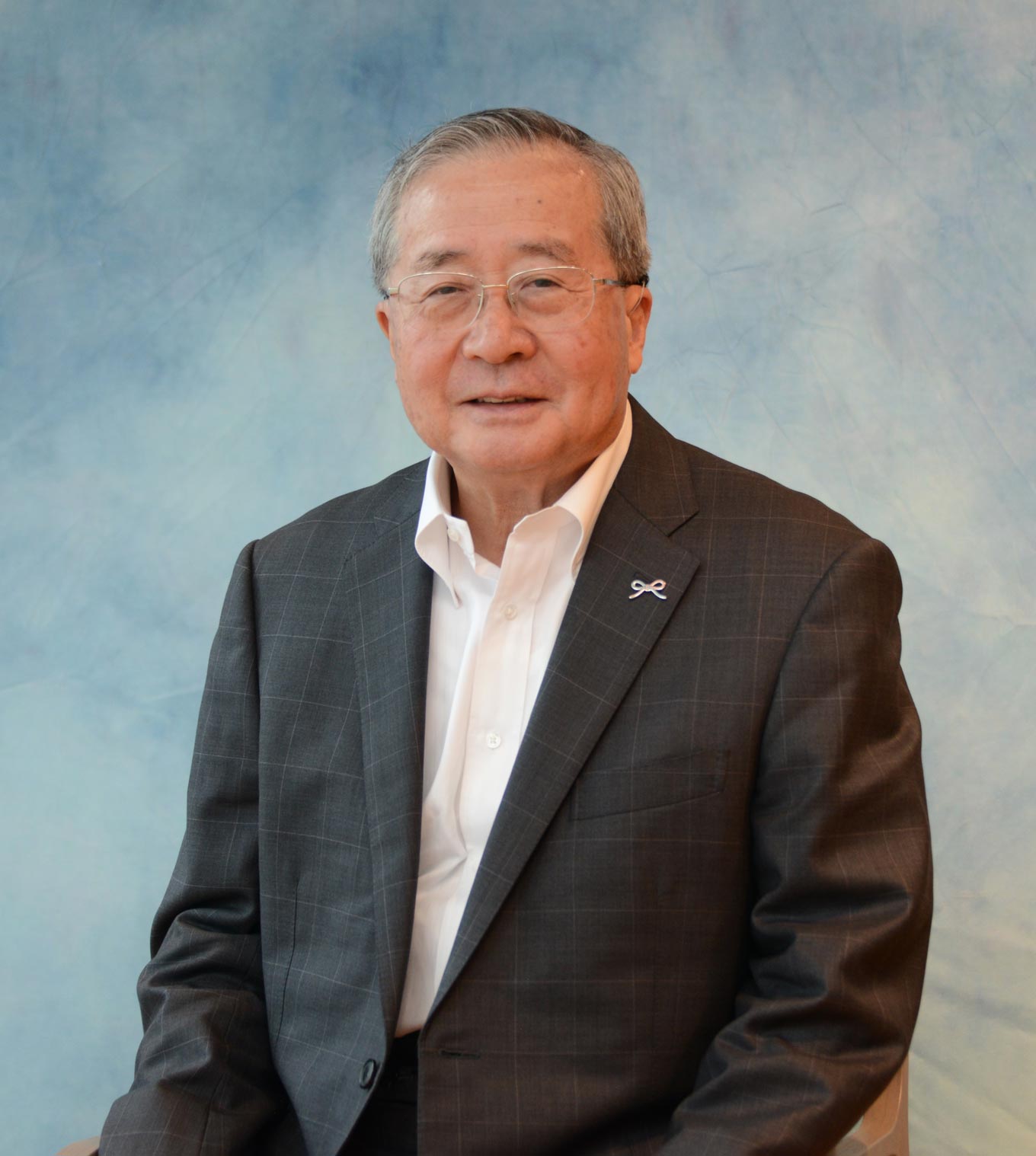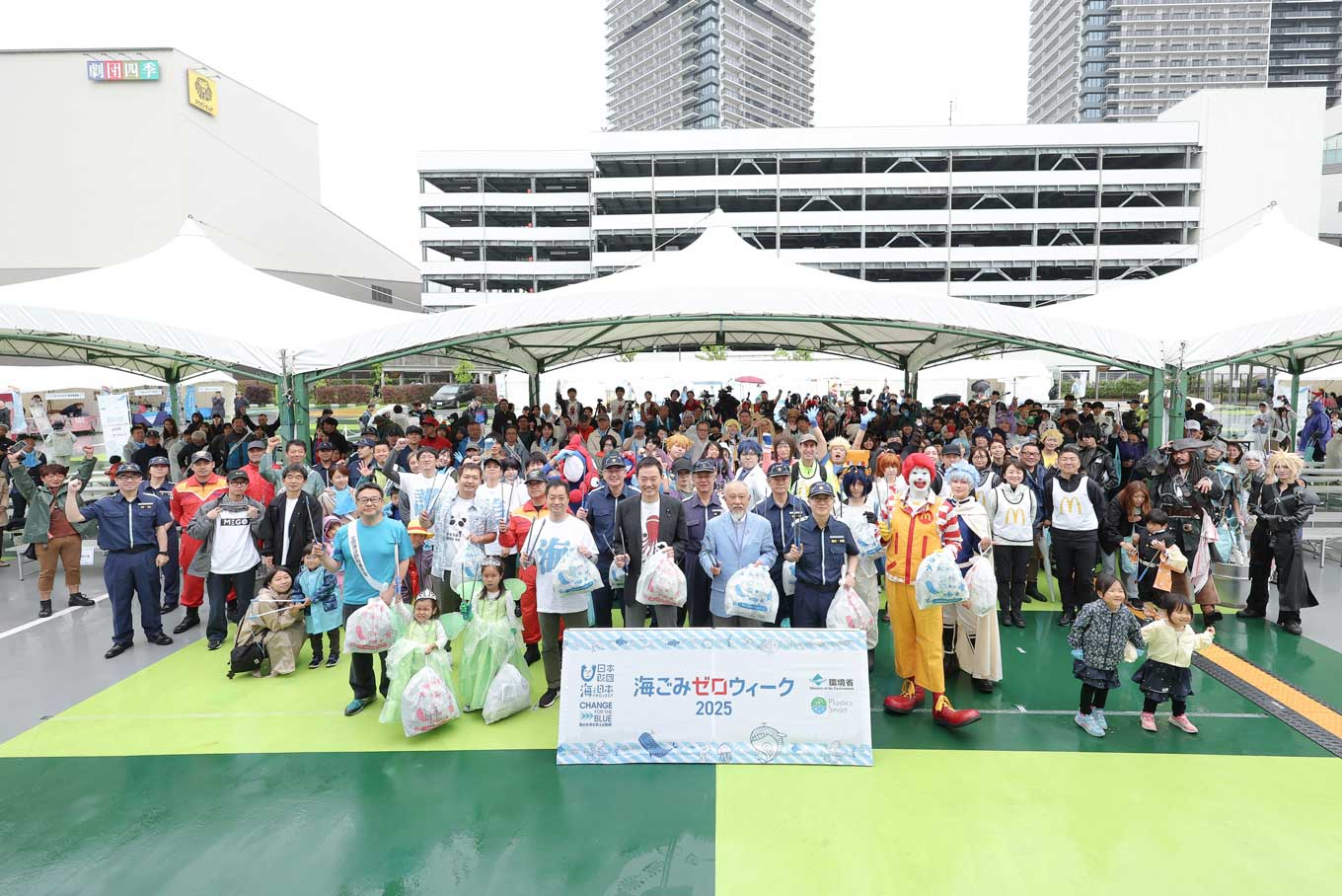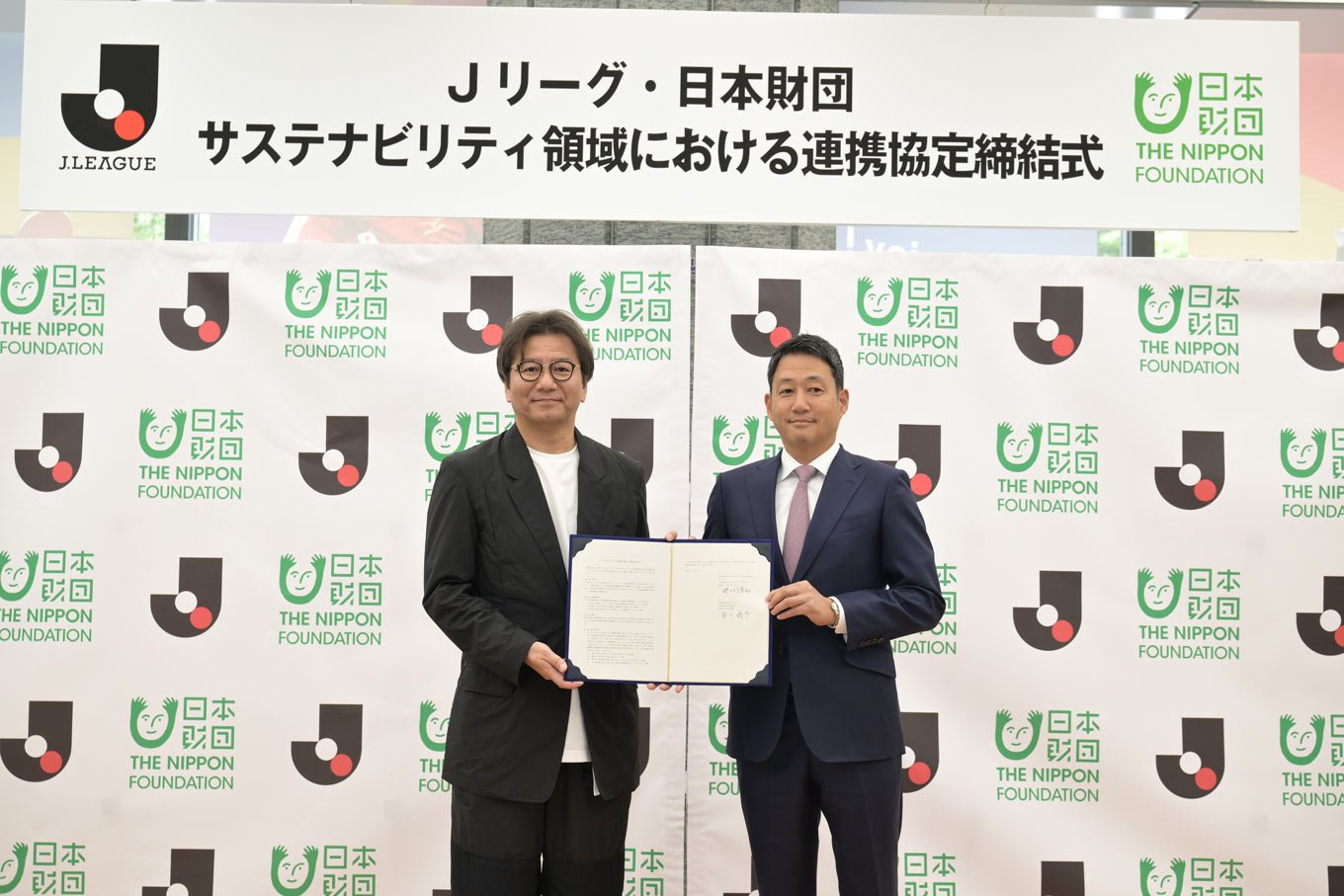Global Appeal 2015 Launch Ceremony ~To End Stigma and Discrimination against People Affected by Leprosy~
Leprosy is one of the world’s most misunderstood and stigmatizing diseases. Over the course of human history, countless people have suffered from both the disease itself and the fierce stigma and discrimination that it entails.
Progress on the medical front, from the mid-20th century, made dramatic changes in the battle against leprosy. The advent of an effective treatment method and the dissemination of medication free of charge around the world significantly lowered patient numbers. With early diagnosis and treatment, it is now possible to be cured before the onset of disabilities and or deformities.
However, despite these positive developments on the medical front, it is a sad fact that even today people affected by leprosy must face the stigma and discrimination from society; entire families can be rejected from their communities; and opportunities for education, employment, and marriage taken away.
In countries such as Japan, where leprosy is no longer a medical problem, the disease is for the most part considered a thing of the past. But even after already being cured for many years, many individuals I know have family members who are still unable to accept them into the family from fear that they themselves will be discriminated against. And although people are no longer confined within the walls of the leprosy sanatoria, the years of social rejection that continues to this day, have made most of them hesitant to leave.
The Global Appeal is an initiative that I started in 2006 to draw attention to this tenacious and universal problem. The annual appeals are delivered with the same objective: to restore the dignity of people affected by leprosy. In order to reach as many people as possible and bring positive change to the circumstances of people affected by leprosy, we have in the past joined hands with representatives of people affected by leprosy from around the world as well as with individuals and organizations from a variety of sectors, including world leaders, global businesses, human rights organizations, religious leaders, and legal professionals. And this 10th Global Appeal will be a joint effort with the International Council of Nurses, the principal providers of primary health care.
Launching the Global Appeal for the first time here in Japan—a country where leprosy as a disease is no longer considered to be a medical problem—came from our desire to encourage the Japanese public, especially the younger generation, to take notice of the issues surrounding leprosy and to use this opportunity to think about its deeper meaning buried under years of history.
We have been holding various events leading up to this Global Appeal ceremony in cities such as Tokyo as a way to raise awareness about the seriousness of the issue of leprosy and of the people who had endured for so long. This age-old history of leprosy must not fade away but be passed on to the next generation.
Each life story, each memory shared is a window into a world that for many will be hard to swallow. The stories that people have shared with me during my missions as WHO Ambassador of Leprosy Elimination are heart wrenching accounts of how they were forced to separate from their families; use false identities; engage in hard labor; and even give up their newborn babies for adoption.
I am sure that the people who narrated and shared their stories with me all had moments when they were torn apart and full of vengeance. But over the years, they had amazingly regained their abilities to love life again.
What these stories give us are insight into the attributes of human nature. These are attributes that emerge from ignorance, misconception and misunderstandings. But what I see behind these tragic experiences is a different side of human nature: resilience, forgiveness, and unwavering love for life and humanity.
Knowing this has renewed my faith in humanity. And although there is much work to be done in the fight against the stigma and discrimination, I believe if each of us makes the effort, we can change society.
Let us stand together to think about the millions before us who suffered in silence and the millions now whose suffering continues.
Let us hold on to the history of people affected by leprosy, learn from it, and once and for all make the changes that will last for future generations.



